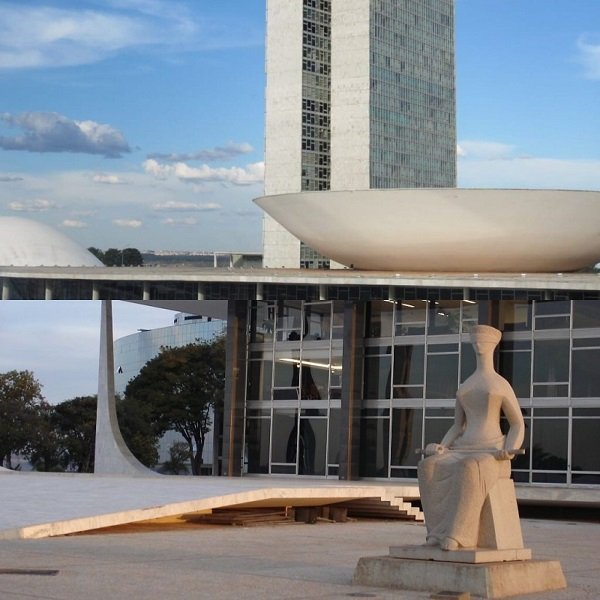On Wednesday (27/09), during a quick voting process, the Senate approved the bill for the so-called “time frame” for the demarcation of indigenous lands, less than a week after the thesis was overturned in a decision by the Supreme Federal Court (STF). This is the second stage of dispute between the Legislative and the Supreme Court. Legislators decided to mobilize against some decisions by the Supreme Court, because they understand that it has interfered in matters that are typical of the Legislative power. The political dispute led to intentional obstruction of activities in Congress to pressure the Government, which has sided with the STF decisions.
This Content Is Only For Subscribers
To unlock this content, subscribe to INTERLIRA Reports.
First Reaction
On 14 September, Senate President Rodrigo Pacheco (PSD) had already presented a Proposed Amendment to the Constitution (PEC) to criminalize the transport and possession of drugs, regardless of the quantity and substance.
The PEC was a reaction by the Senate to the STF, which discusses the decriminalization of drug possession for personal use based on the interpretation of an article of law 11,343/2006, the so-called Drug Law. The score is 5 to 1 in favor of decriminalizing the possession of small amounts of marijuana. Even before the trial resumes, senators and deputies have already protested with the argument that the measure should be discussed by Congress, not by the STF.
Second Reaction
The “time frame” thesis determines that indigenous lands must be restricted to the area occupied by the people when the Constitution was promulgated, on 5 October 1988. Thus, indigenous people who were not on their lands until that date would not have the right to claim them.
The constitutionality of this thesis was discussed by the STF, and on Thursday (21/09), the court declared it unconstitutional. After that the Senate organized itself to quickly approve the “time frame”, despite the STF’s decision.
The project is strongly supported by agribusiness, and it was approved by the Federal Chamber in May, and now by the Senate. The final decision remains with President Lula (PT), who can sanction or veto it.
Even If Sanctioned, It May Not Ba Valid
If it becomes law, the project that creates the “time frame” for the demarcation of indigenous lands approved in the Senate this Wednesday (27) could be questioned at the STF (Supreme Federal Court) in a short time, and the court should consider the text unconstitutional. This is because it can apply the same understanding of the judgment made last week.
According to experts, analyzes or decisions on the same topics by the Supreme Court and Congress indicate dysfunctions in the Legislature and cause legal uncertainty.
Obstruction of Activities
On Wednesday (27/09), the dispute led even to a lockdown in Congressional activities, in a movement to pressure President Lula (PT) against the decisions taken by the STF. Driven by the “Centrão” and by parliamentarians aligned with the agribusiness, the obstruction of legislative activities resulted in the suspension of commissions, sessions and votes, leading to the postponement of many important decisions.
Abortion and Union Tax
Abortion, still being judged by the court, and the union tax, which has already been deliberated by ministers, are other two topics that also generate discomfort among congressmen.
Analysis:
Less than a month after handing over ministries to the powerful political group in the Congress, known as the “Centrão”, the government faces instability at its base. This shows how fragile are the relations between the two groups and how dependent almost on daily negotiations. The fact reveals a certain weakness of the present central administration, even though it has so far managed to find support for the approval of important measures, like the new fiscal framework.




